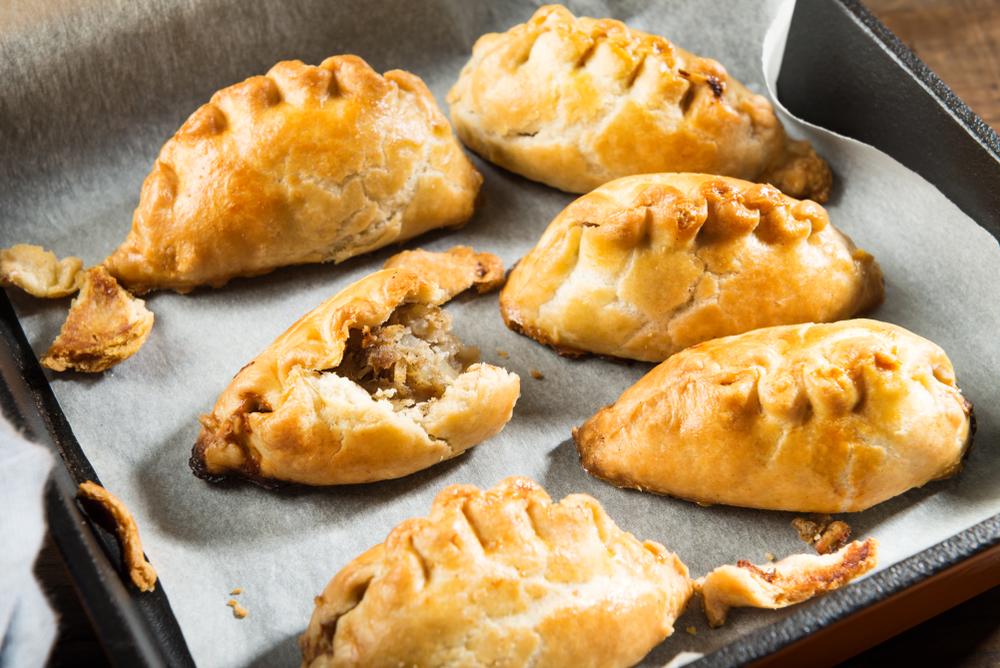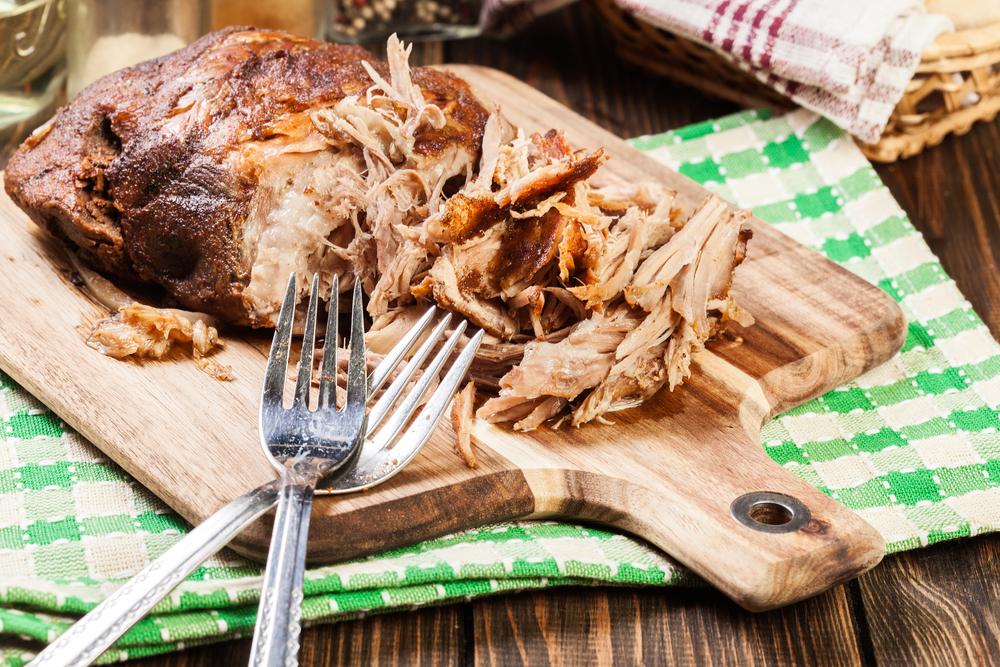In northeastern Minnesota, dotting a landscape called the Iron Range, there are cities with names such as Hibbing, Virginia, Chisholm, Nashwauk, and Eveleth, and in these cities are bakeries, delis, bars, restaurants, and church fundraisers that sell delicious things beginning with the letter “p.” Delicious things that have been part of the region’s identity since iron ore was discovered here in the late 1880s, and waves of immigrants—Cornish, Italians, and Slovenes to name a few—answered the call to work in the mines. With them came hope, desire, expectation.
And food.


